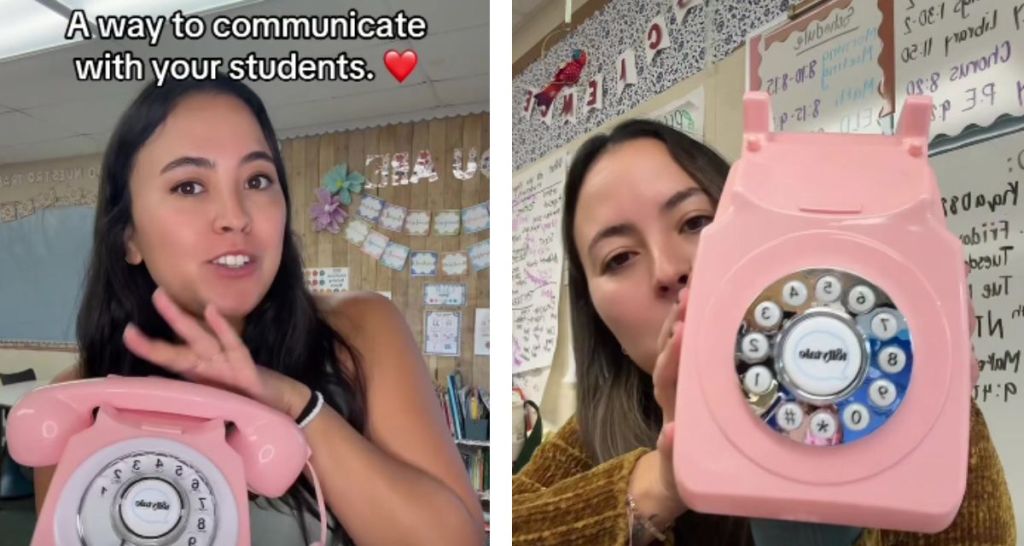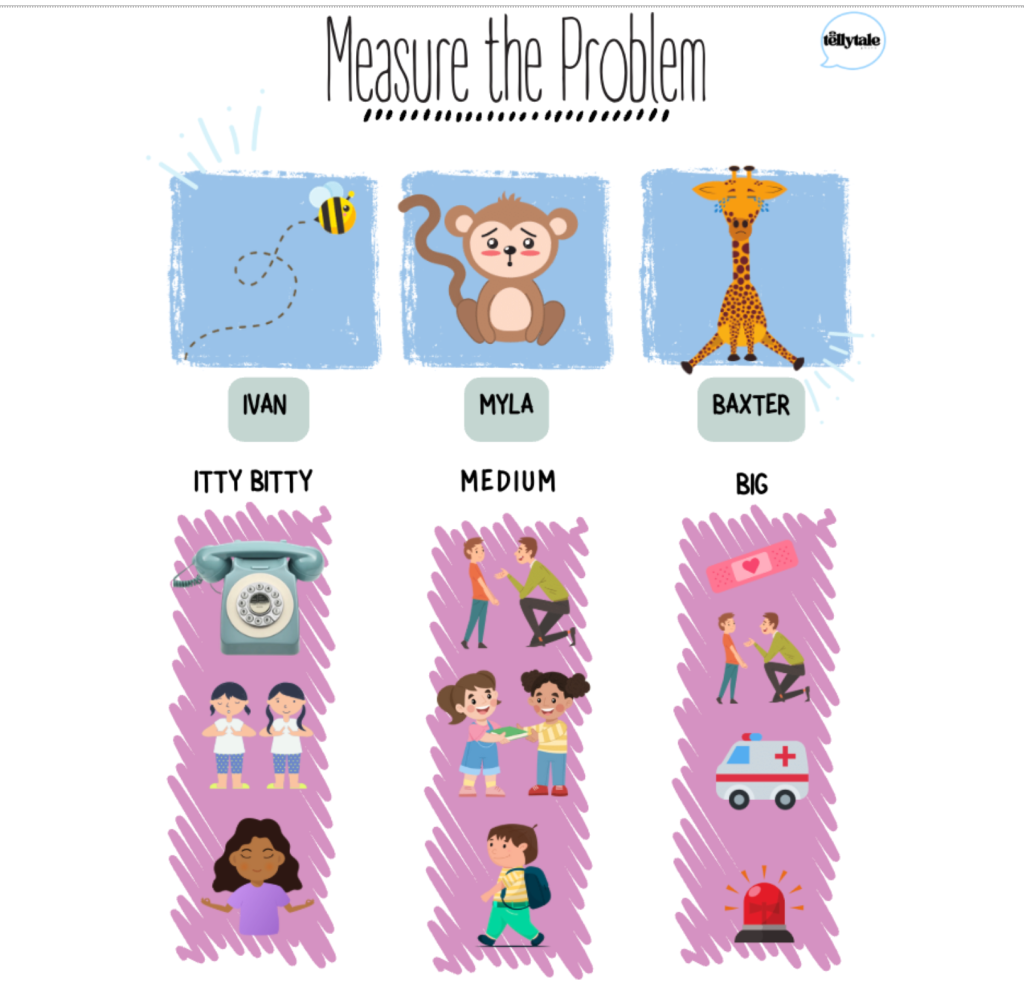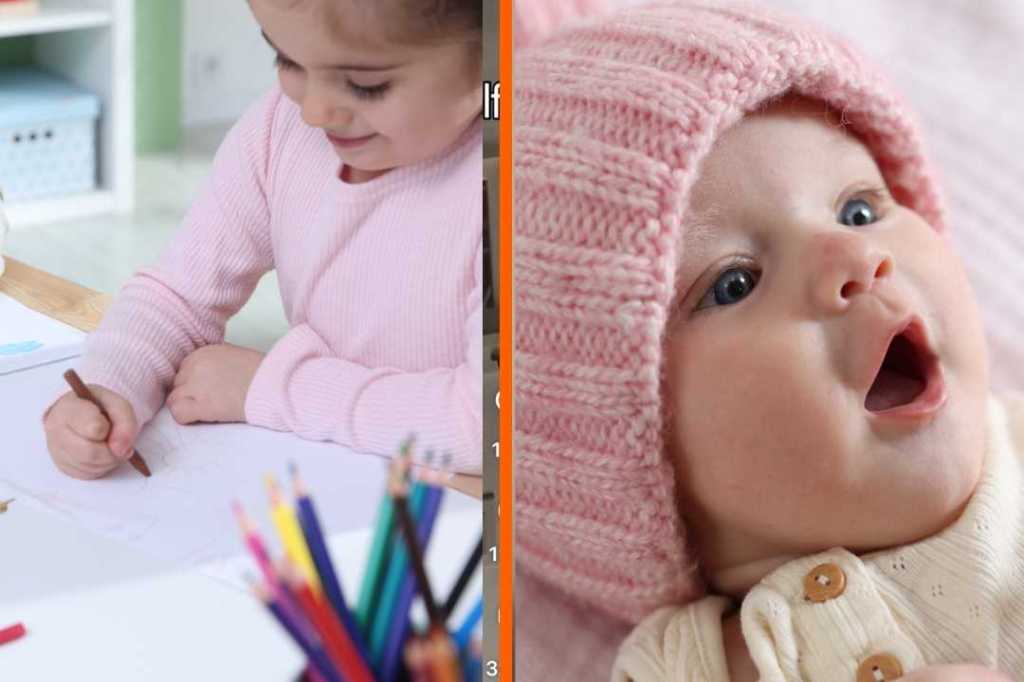When we do the same job every day, sometimes it can be hard to put things into perspective. We can become accustomed to high-stress levels or too easily accepting of a day-to-day grind that isn’t very fulfilling.
Career coach Madeline Mann has shared a simple test on TikTok that helps people understand whether they are in the right job or should start looking for greener pastures. She calls it the “Dinner Table Test.”
Mann is the creator of Self-Made Millennial whose coaching program has helped thousands of people land roles at major companies such as Netflix, Google, Goldman Sachs, Deloitte, NBC Universal, Amazon and more.
She shared the test in a video that has over 9,000 views.
Here’s a test to know if it’s time to change jobs. It’s called the Dinner Table Test, did your job pass?
“When you sit around the dinner table with your loved ones or hypothetically imagine yourself doing so, and your loved ones ask you how your day was at work, for the majority of those meals, would you be effusive about your day?” Mann asked. “Or, would you typically say something negative?”
Note that she says the “majority” of those meals. Because everyone is entitled to have the occasional bad day at work. However, if every day is a bad day, then you’ve definitely failed the test.
If most of the time you are excited to share the highlights of your day, then you’ve passed the test. That could mean sharing why you enjoyed spending time with your time with coworkers, the joy that comes with working on an engaging product, or feeling satisfied that the work you did was valued or helped others.
But if the first things that crop up are the clients who give you headaches or the boss who keeps piling more work on your desk than you can handle—it’s time to think about getting a new gig. “If the majority of things you say about your job around the dinner table are negative, it’s time to revise your resume and find a new job,” Mann explained.
Mann’s test is sure to resonate with younger workers, MIllennials and Gen Zers, who seem to have a different philosophy towards work than older generations. Younger workers place a high priority on having a healthy life-work balance and want jobs that are more than just a paycheck.
They also can develop an unrealistic idea of what to expect from work after watching other people’s social media feeds where all they share are the positive aspects of their jobs.
Younger generations are also unafraid to look for new opportunities. They know more than anyone that the job market is turbulent and there’s nothing wrong with being on a constant job search.
“These generations are used to economic turmoil and the roller coaster conditions of the labor market,” Andrew Seaman, managing editor for jobs and career development at LinkedIn, told CNBC. “A lot of younger workers understand that their jobs aren’t secure, and they might have to find a new one tomorrow — that kind of attitude can breed confidence in a person, because they’re prepared for the worst outcome.”
She shared the test in a video that has over 9,000 views.
[Video]
“When you sit around the dinner table with your loved ones or hypothetically imagine yourself doing so, and your loved ones ask you how your day was at work, for the majority of those meals, would you be effusive about your day?” Mann asked. “Or, would you typically say something negative?”
Note that she says the “majority” of those meals. Because everyone is entitled to have the occasional bad day at work. However, if every day is a bad day, then you’ve definitely failed the test.
If most of the time you are excited to share the highlights of your day, then you’ve passed the test. That could mean sharing why you enjoyed spending time with your time with coworkers, the joy that comes with working on an engaging product, or feeling satisfied that the work you did was valued or helped others.
But if the first things that crop up are the clients who give you headaches or the boss who keeps piling more work on your desk than you can handle—it’s time to think about getting a new gig. “If the majority of things you say about your job around the dinner table are negative, it’s time to revise your resume and find a new job,” Mann explained.
Mann’s test is sure to resonate with younger workers, MIllennials and Gen Zers, who seem to have a different philosophy towards work than older generations. Younger workers place a high priority on having a healthy life-work balance and want jobs that are more than just a paycheck.
They also can develop an unrealistic idea of what to expect from work after watching other people’s social media feeds where all they share are the positive aspects of their jobs.
Younger generations are also unafraid to look for new opportunities. They know more than anyone that the job market is turbulent and there’s nothing wrong with being on a constant job search.
“These generations are used to economic turmoil and the roller coaster conditions of the labor market,” Andrew Seaman, managing editor for jobs and career development at LinkedIn, told CNBC. “A lot of younger workers understand that their jobs aren’t secure, and they might have to find a new one tomorrow — that kind of attitude can breed confidence in a person, because they’re prepared for the worst outcome.”

































